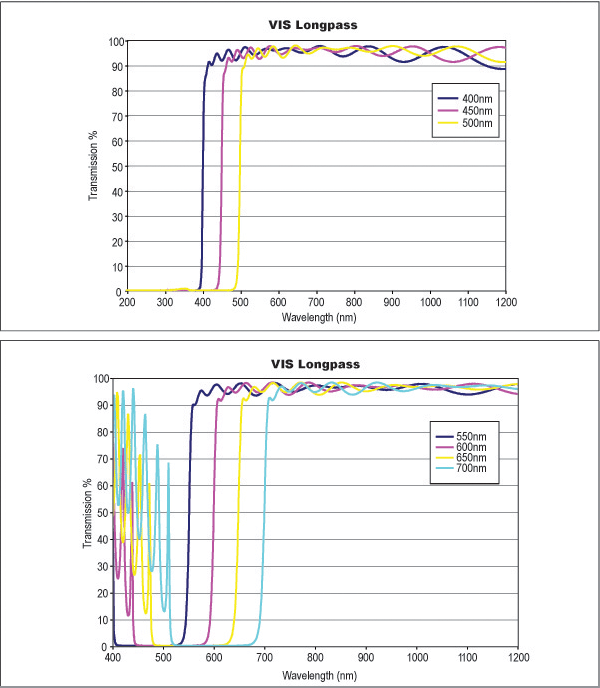According to news from Tokyo on May 16, Japan’s aluminum inventories at the three major ports in April increased for the first time in four months. This indicates that after the March earthquake, energy supply disruption led to Japan’s power curtailment measures, resulting in a reduction in aluminum production in the country. . Japanese trading company Marubeni said Monday that as of the end of April, aluminum stocks at three major Japanese ports were 21,910 tons, an increase of 17,900 tons, or 8.9%, from the previous month. The data collected by Marubeni Corporation comes from Yokohama Port, Nagoya Port, and Osaka Port. Marubeni officials said: "The slow delivery of aluminum, especially in early April, reflects the serious impact of the major earthquake. Yokohama's aluminum inventories increased by 14%. †Yokohama served in the Kanto region near Tokyo, including the northeast region that was hit by the earthquake and tsunami of Japan on March 11. Earthquakes and tsunami destroyed many production facilities and nuclear power plants, causing the region to curb power cuts in late March. The official said: “Resuming production will take time, and this has led to a reduction in aluminum production. Orders from car manufacturers have also been reduced, and we are gradually feeling the impact.†The official also stated that although aluminum shipments increased at the end of April, weak domestic demand may push May aluminum stocks. Japan must purchase almost all the metals needed from abroad. The country imports about 2 million tons of primary aluminum every year and is widely used in the production of computers, aircraft, electronic products, and the food sector. The Japanese government agreed last week to use tax payments to set up a squad to help Tokyo Electric Power compensate victims affected by the Fukushima Daiichi nuclear power plant to avoid a financial crisis. Tokyo Electric Power said that the company could not guarantee the anticipated summer demand. Although it has solemnly announced that it wants to avoid power outages in the central area of ​​Tokyo, Japan’s economic center may still have power cuts. Japan's shipments of aluminum products in March decreased by 8.5% compared with the same period of last year, and the annual rate for the first time in 16 months fell. The large earthquake on March 11 caused the industry demand to decline across the board. Industry officials said that although the earthquake and tsunami did not seriously affect the aluminum industry itself, end-users' demand for aluminum was weak before production returned to normal, and it suppressed aluminum shipments in the coming months. Japan's core machinery orders unexpectedly increased in March, and manufacturers expect further orders to increase in the second quarter, indicating that demand or support capital expenditures will be triggered by reconstruction work in Japan in the coming months.
Longpass filters are designed to have a sharp transition from reflection to transmission, making them ideal for various applications. Available in a variety of cut-on wavelengths, these filters are designed for fluorescence and order sorting applications.
China star optics can supply a full range of filter. They are shortpass, longpass, bandpass, ultraviolet, infrared, heat absorbing, and color temperature conversion filters. We use material by China to Schott, Hoya, and other manufacturers to process them. Metallic films, colored glasses and thin dielectric films filter are all available per your requirements, filters are widely used in medical instrument, finance, metallurgical, photography,cameras, navigation, military, biography instrument, optical instrument andscience field etc.
Optical Longpass Filter,Optical Shortpass Filter,Colored Glass Optical Filter,Longpass Filter Kits China Star Optics Technology Co.,Ltd. , https://www.realpoooptics.com